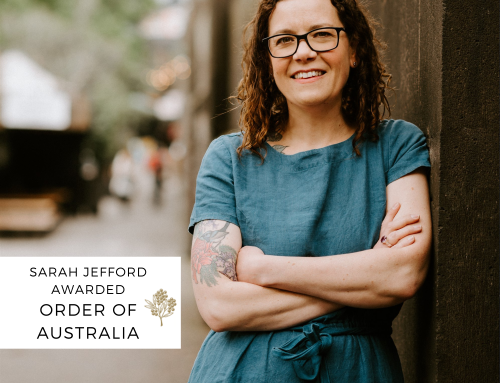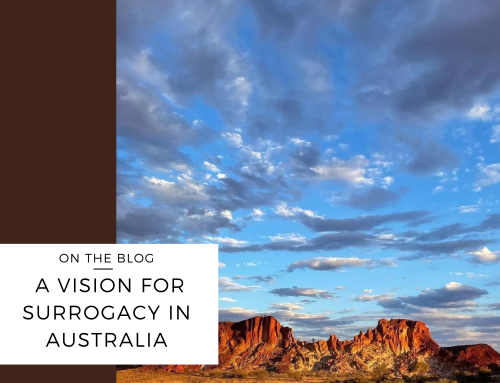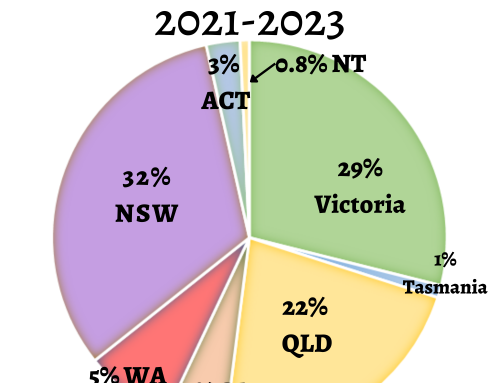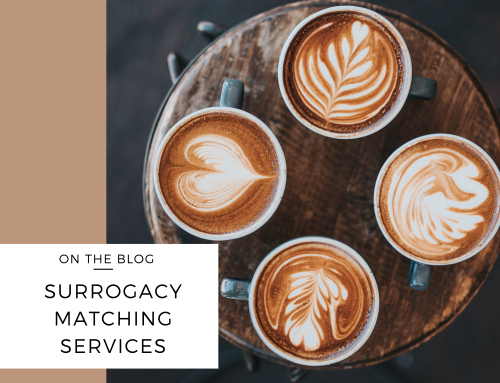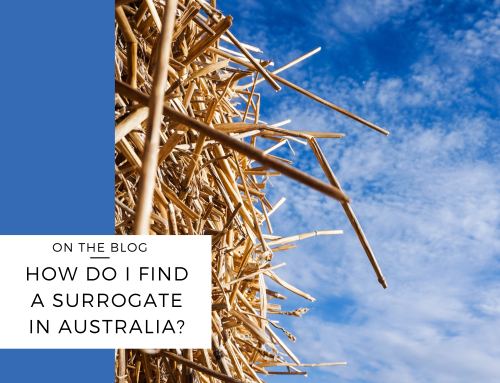Sperm Donor or Dad?
If you are a single woman or in a same sex couple considering growing your family through sperm donation, you may have followed the case of Masson & Parsons and Anors with interest. The family law case was appealed all the way to the High Court, and judgement released in June 2019. The case involved Susan and Margaret Parsons, a same-sex couple with two children – ‘B’ and ‘C’. Susan Parsons was the biological and birth mother of both children, conceived by artificial insemination.
The respondent, Robert Masson, was the biological father of B, and listed on her Birth Certificate. At the time of B’s conception, Susan Parsons was not in a de facto or married relationship. The trial judge found that Mr Masson was the legal parent of B under the Family Law Act. Both B and C spent regular time with Mr Masson and called him ‘Daddy’. Susan and Margaret wished to relocate with the children to New Zealand, however Mr Masson opposed the move.
The Full Court of the Family Court heard the appeal and found that, under the NSW Status of Children Act, Mr Masson was not a parent because he was not Susan Parson’s partner at the time of conception, and the conception was by artificial insemination. Mr Masson appealed to the High Court.
The High Court had to determine whether State laws or Commonwealth laws applied, and in the end has agreed with the primary judge, and declared that Mr Masson is indeed the parent of B. In the judgement, the Court noted that ‘at the time of conception, he believed that he was fathering the child and would thus support and care for her. His name was entered on the child’s birth certificate as her father.’ The Court considered that, in the circumstances, Mr Masson was a parent and that ‘to characterise the biological father of a child as a “sperm donor” suggests that the man in question has relevantly done no more than provide his semen to facilitate an artificial conception procedure on the basis of an express or implied understanding that he is thereafter to have nothing to do with any child born as a result of the procedure. Those are not the facts of this case.’
The case is significant for a number of reasons, not least of which is whether a sperm donor is a parent. Most donors, and recipients of donor gametes, do not enter into donor arrangements with the intention that the donor will be a parent of any child conceived. However, the opposite is also true for many co-parenting arrangements where a man provides sperm to a woman with the expectation that they will share the parenting and be recognised as a parent. If nothing else, the case highlights that our family laws do not reflect the full diversity of family creation and parenting arrangements.
The intentions of Mr Masson at the time of conception was that he would be considered a father to the child, and that is how he behaved. In other cases where the parties intend for a donor to be a donor and not a parent, and where the relationship and behaviour of the parties is that the donor is simply that and nothing more, then the provider of the semen will likely only be considered a donor, and not a parent.
If you are considering conceiving with the assistance of a donor, there are a number of options – a known donor, such as a friend or family member, or clinic-recruited donor. Many women are now conceiving with the help of a donor they found on social media. A written donor agreement can be helpful in clarifying the relationships, expectations and roles of the parties.
If you are looking to enter into a co-parenting agreement, this is different from a donor agreement, and should also involve a written agreement. All parties should obtain legal advice prior to conception.
I recommend that whether you are entering a donor or co-parenting arrangement, that the parties consider engaging with a counsellor who can assist in working through expectations, intentions, relationships and roles.
Remember, regardless of how you conceive or any pre-conception agreements you have, the best interests of the child are paramount. Children’s interests, and their parents relationships, change as they grow. Expectations, roles and relationships change – when it comes to raising children, nothing is static.
Read more about sperm donor agreements You can contact me to discuss your options and rights and responsibilities below.




